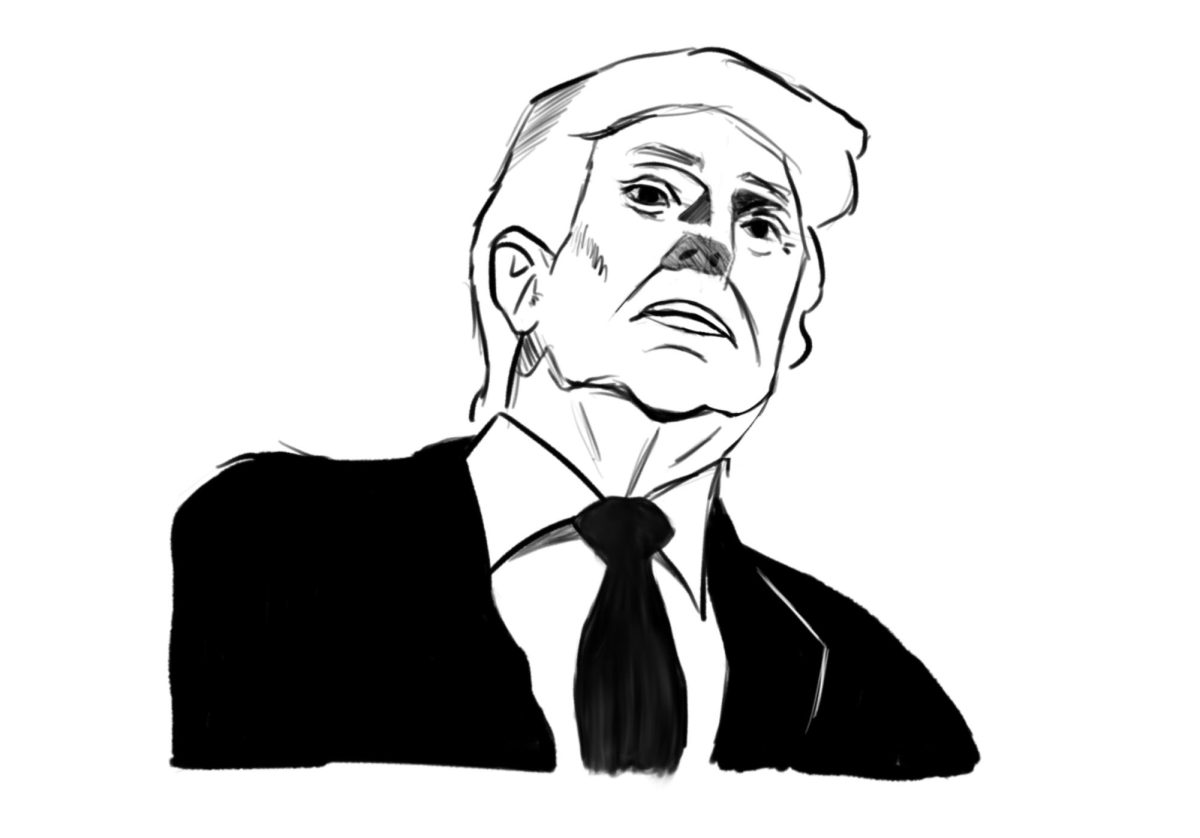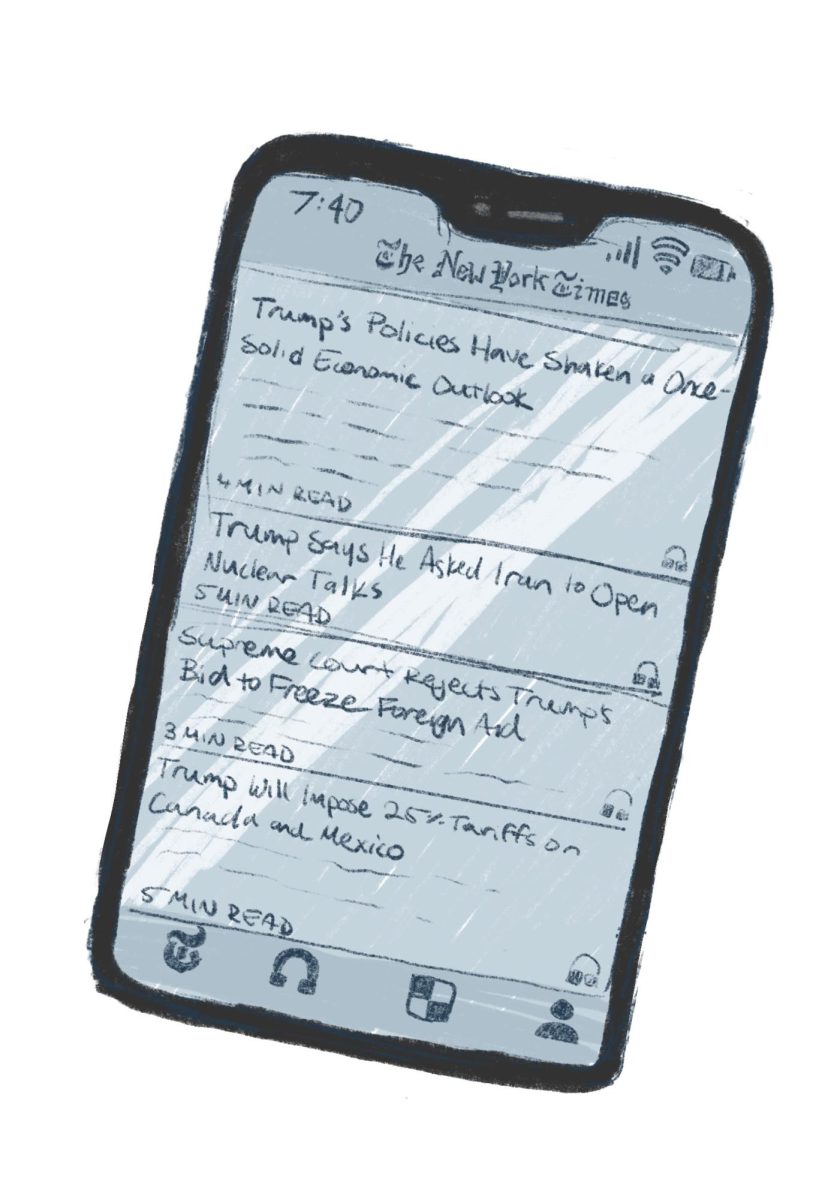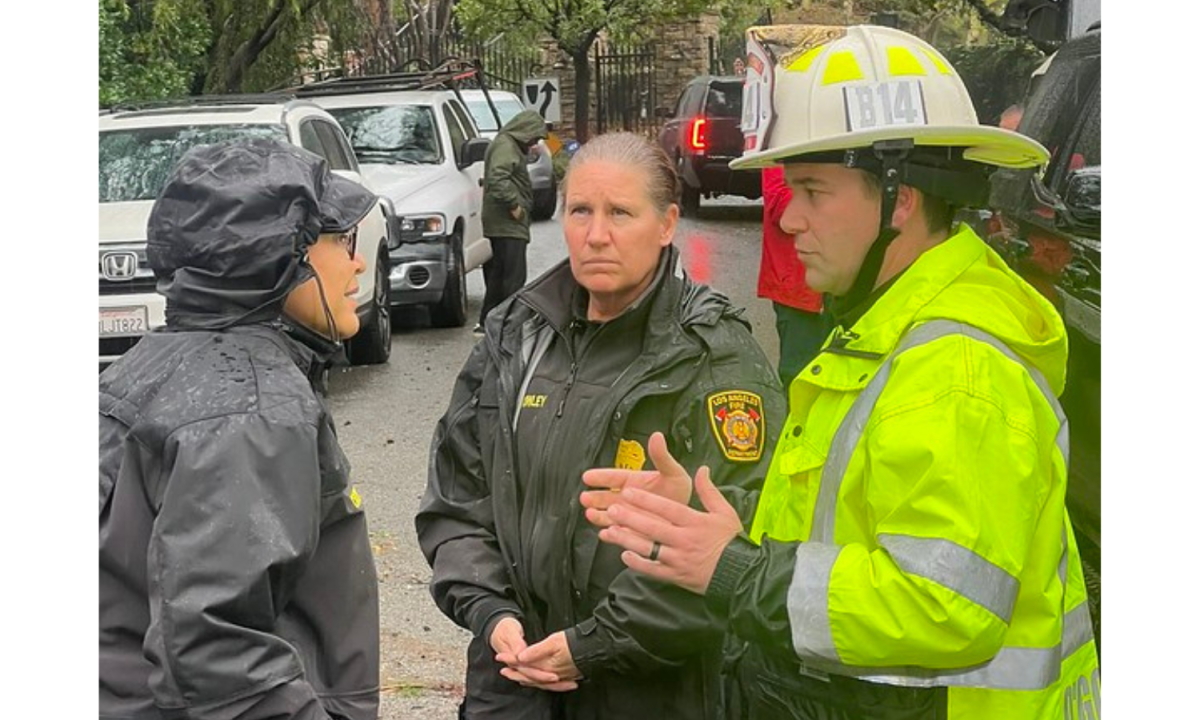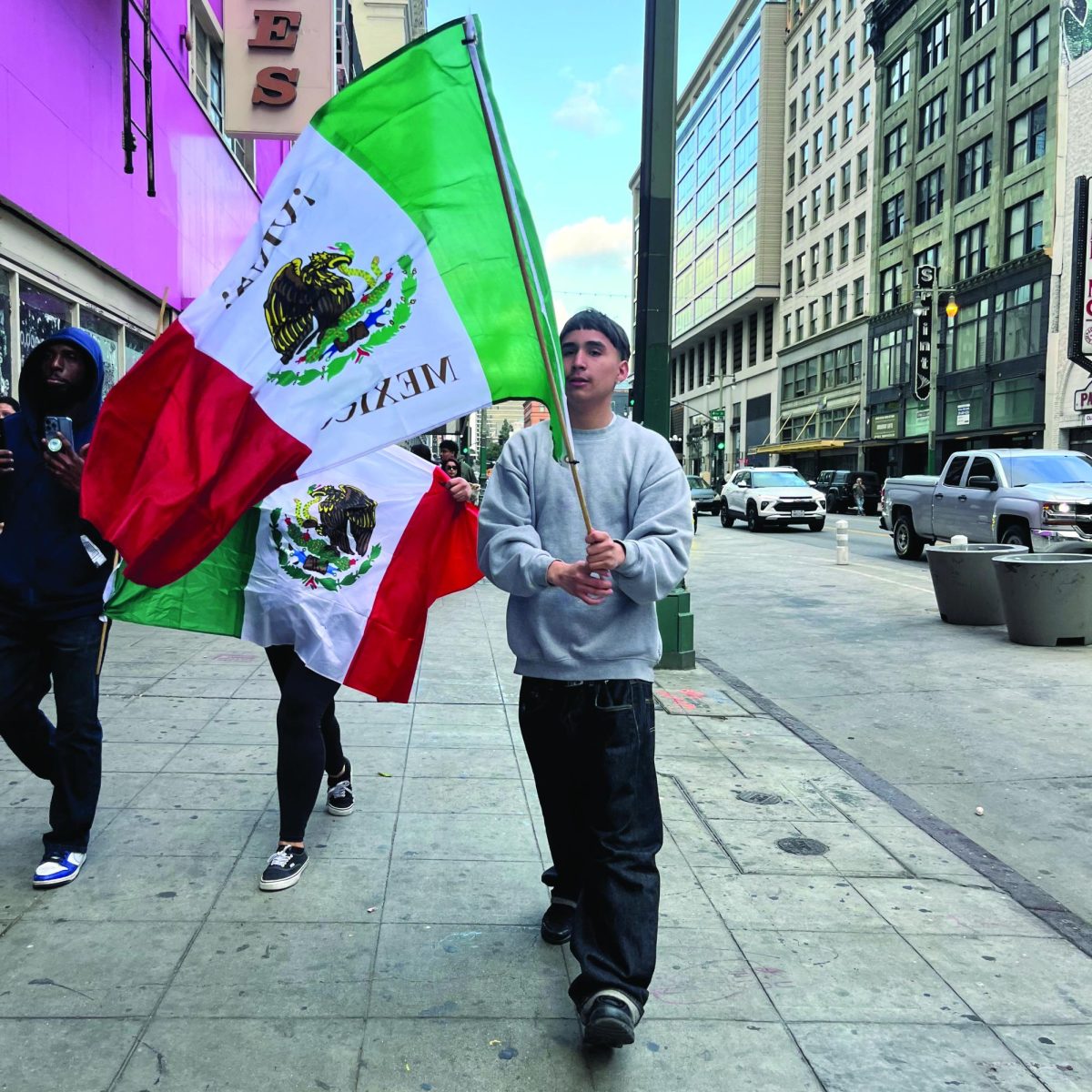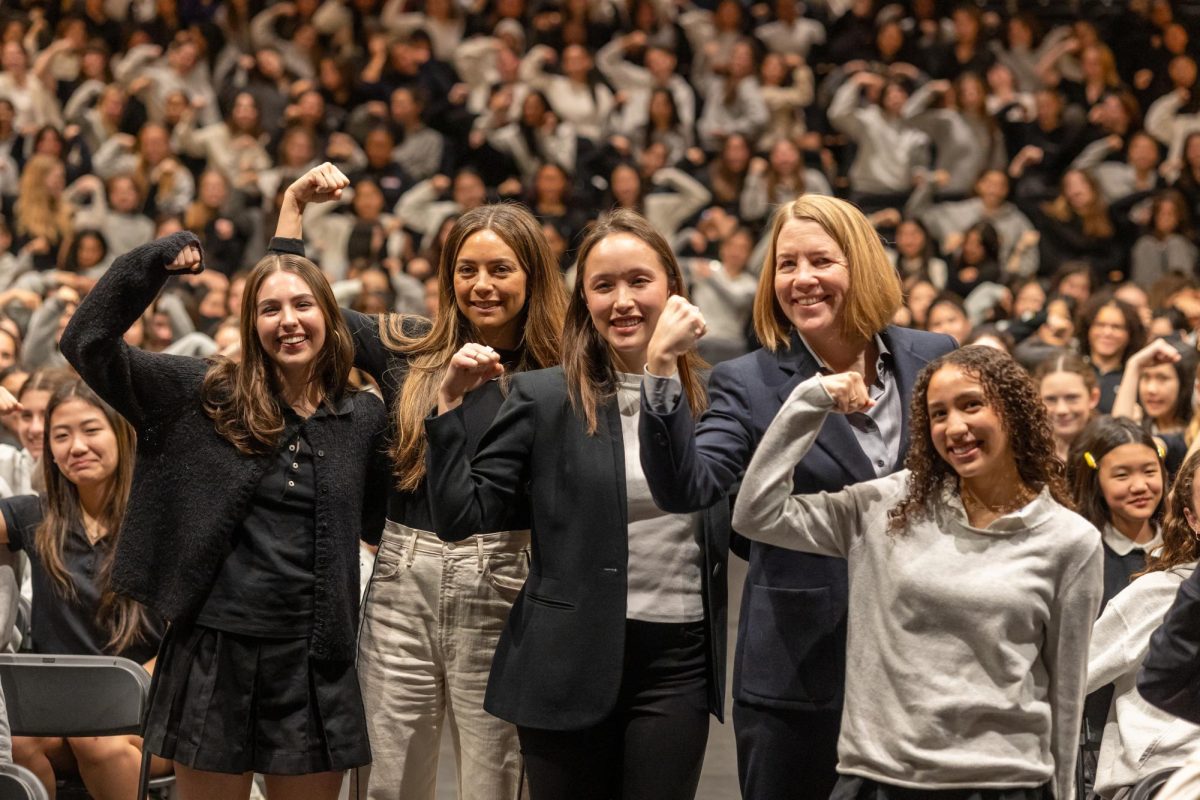On Jan. 20, Donald Trump was inaugurated as the president of the United States of America for the second time. After the inauguration ceremony, Trump walked into the Oval Office and signed 26 executive orders, setting the record for the most executive orders signed by a president during his first day in office.
History and Social Sciences Instructor Tom Millar commented on Trump’s unprecedented use of executive orders in relation to previous U.S. presidents.
“I can’t think of another president who has issued as many executive orders during their entire presidencies than Trump has issued in the first two weeks of his second presidency,” Millar said.
One of the first orders that Trump signed sought an end to birthright citizenship for children of undocumented immigrants. The order was temporarily blocked by a federal judge in Seattle on Jan. 23 due to its conflict with the 14th amendment, which grants citizenship to all individuals born or naturalized in the U.S. On Feb. 5, a second federal judge in Maryland also blocked the order, which could provide an extended stay to Trump’s order, according to Reuters.
Trump also signed an order to impose tariffs on all imports from China, Canada and Mexico. Since then, Trump has agreed to pausing the tariffs on Canada and Mexico for 30 days, but 10% tariffs on China went into effect on Feb. 4. He also signed an order that paused the ban of TikTok for 75 days.
Mattea Vergara ’29 expressed her unease regarding future actions of the Trump administration after the significant changes enacted during the first few weeks of his presidency.
“Given the drastic steps that the administration has taken already, I am concerned that his policies are not only going to set back civil rights in the country, but also affect the U.S.’s standing in the world,” Vergara said.
Trump’s recent actions display an unprecedented use of executive power that hasn’t been seen since the FDR administration. Yet, the Republican-majority Congress has voiced support of Trump’s executive orders, including Speaker of the House Mike Johnson.
“[Trump has] been using his executive authority, I think, in an appropriate manner,” Johnson said on Jan. 28 during a Republican retreat in Miami. “Let’s not forget he ran on restoring common sense and fiscal sanity and ensuring that the government would be more efficient.”
Aligning with Trump’s 2024 campaign, his administration also announced plans to greatly increase border security and immigration control mainly through the U.S. Immigration and Customs Enforcement (ICE) during his first 100 days in office. On Jan. 20, he declared a national emergency at the southern border of the U.S., which has allowed him to deploy the National Guard to the border for the foreseeable future.
Another issue Trump has set his sights on within his first 100 days in office is the spending and hiring habits of federal agencies. He initially halted federal aid from agencies, though that was reversed after criticism. He also ordered the end of diversity, equity and inclusion (DEI) within federal hiring, bringing back what he called “merit-based hiring” in the government.
“I will also end the government policy of trying to socially engineer race and gender into every aspect of public and private life,” Trump said in his inauguration speech. “We will forge a society that is colorblind and merit-based.”
Throughout the rest of his presidency, Trump said he plans to withdraw and limit the scope of the U.S. government both regionally and internationally. He has pulled the U.S. out of a variety of international accords, like the Paris Agreement and the World Health Organization (WHO). Trump has also pledged to close the U.S. Department of Education, though it is unlikely that a three-fifths majority of senators will vote in favor of doing so.
Eva Friedman ‘25 expressed her concern about Trump’s announcement about the Education Department.
“Trump’s plans regarding the Department of Education are an absolutely terrifying development for the future of educational censorship in this country,” Friedman said.

